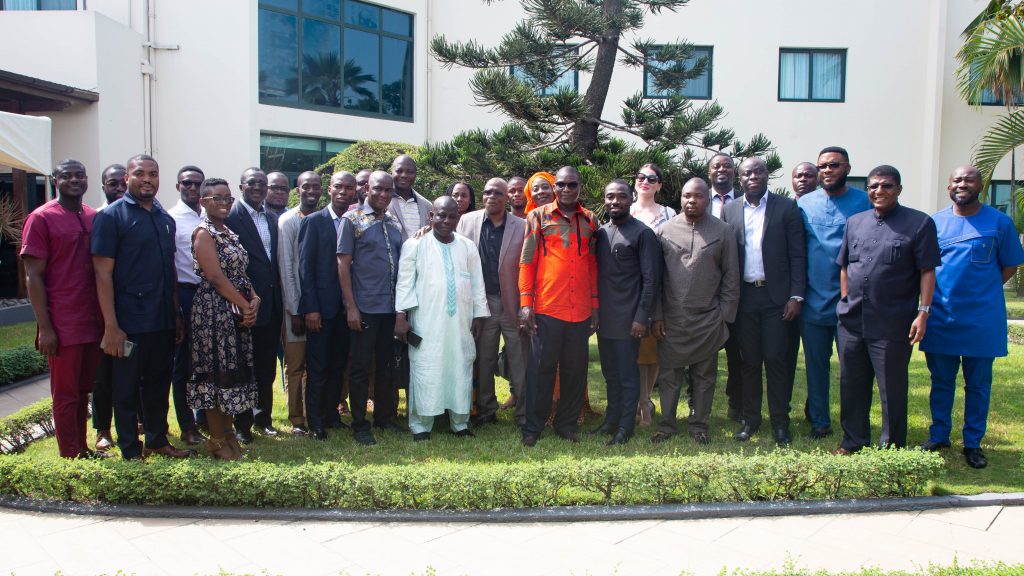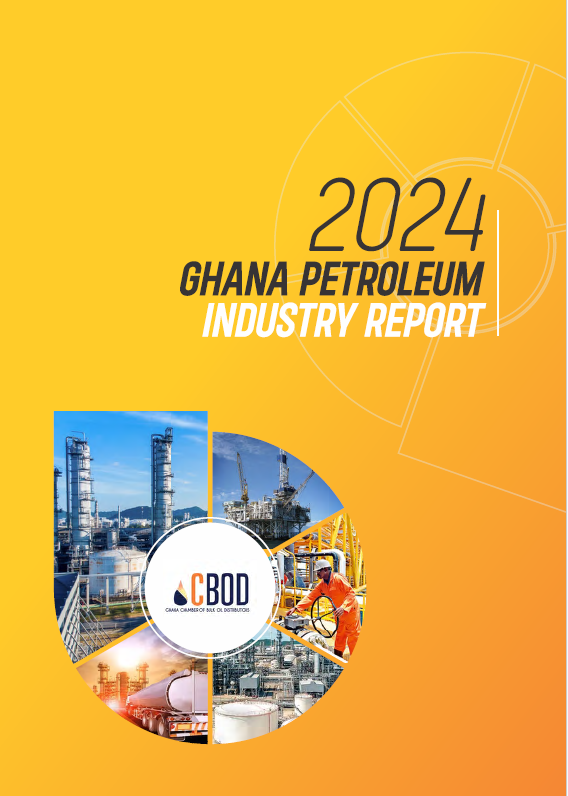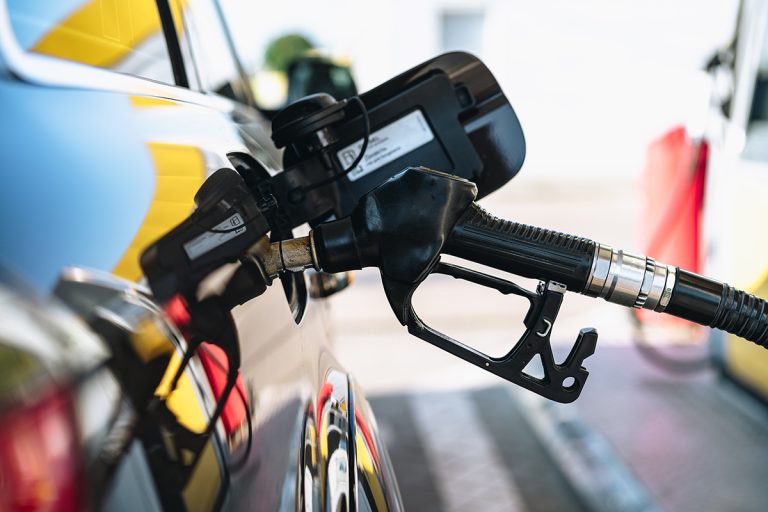The Chamber of Bulk Oil Distributors (CBOD) has begun a partnership with Mali’s National Office for Petroleum Products (ONAP) to work towards improving the petroleum products trade between Ghana and Mali. This follows a courtesy call paid on CBOD by ONAP on Wednesday, March 4, 2020 in Accra.
Leading the Malian delegation, the Deputy Director-General of ONAP Issa Kondo said the purpose of the visit was to discuss solutions to pertinent export trading concerns negatively impacting the petroleum products trade between Mali and Ghana, strategize to boost the trade and create stronger ties between both Ghana and Mali’s petroleum industries.
“Our mission here is quite simple. We are a landlocked country and therefore we import most of our products from different countries to Mali. We noticed that supply of products from Ghana has dropped significantly, so we thought it proper to come to Ghana to approach our Ghanaian counterpart to find out what the challenges are on the ground and together to find solutions to the reasons for the drop in volume.”
The Malian delegation expressed concerns about the currency exchange, i.e. fluctuations in the US dollar which increases transaction costs making products from Ghana relatively uncompetitive. They added the price of petroleum products from Ghana is relatively higher because of Ghana’s 50ppm fuel quality specification.
The delegation said the new guidelines by the National Petroleum Authority on the issuance of Bank Guarantee which requires a 100% cash at the bank posed major problems to trade between Ghana and Mali. Mr. Kondo added that ONAP was already in talks with the NPA to address that challenge.
“Together with our partners in Ghana, which is the NPA, we have managed to come up [with] or identified some steps that we can take going forward to be able to increase the volumes between Ghana and Mali. So, we are just looking forward to the implementation of the various options and steps that we have identified. With the NPA, we really looked at the guidelines that they have in place for the exportation of petroleum products to Mali and together. We were able to identify certain bottlenecks preventing people from coming to buy fuel from Ghana”.
Mr. Kondo added that “Mali is a very open country, so apart from Ghanaian companies supplying Malian companies, there are also projects that as a county, we want to undertake in terms of investment in storage capabilities”.
CBOD CEO Senyo Hosi said Ghana must focus on becoming the preferred route for supply to the Sahelian market.
“Our conversations have been mainly focused on optimizing the service quality and our competitiveness to be a dominant contributor to their market. Ghana is currently doing just 1% of the Malian consumption. We have lost grounds significantly to the likes of Senegal, Cote d’Ivoire, Benin and Niger as well. Our ability to grow will be dependent on our ability to penetrate our landlocked or Sahelian markets. Our ability to optimize the utilization of our assets particularly the storage facilities we have in Ghana will also be dependent on our ability to influence the volumes that are triggered in the landlocked countries.”
Mr. Hosi added that with the demand for the Malian market standing at about 1.7 million metric tons, targeting at least 50% of that [Malian] market will be a game-changer for Ghana because Ghana would be increasing its general throughput.
Senyo Hosi said the CBOD would work with the government and other stakeholders to improve the trade with Mali.
The delegation from ONAP has been in Ghana to meet with stakeholders in the petroleum industry.





